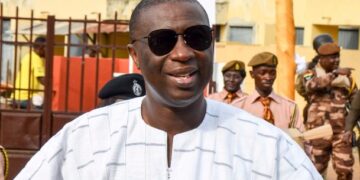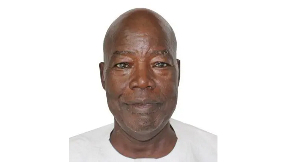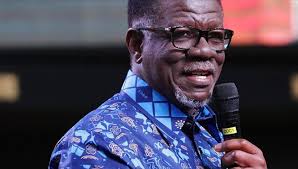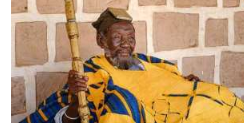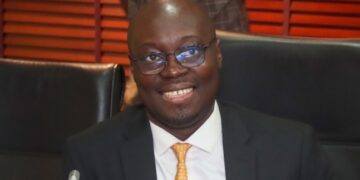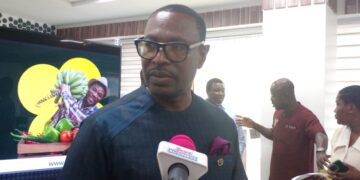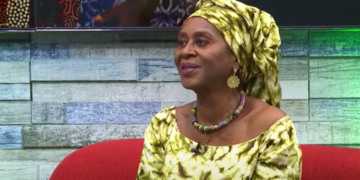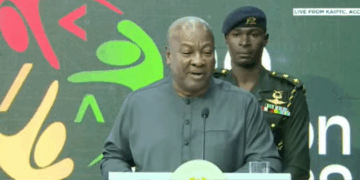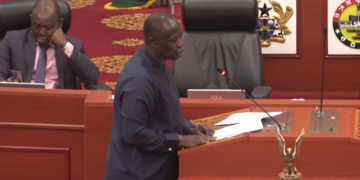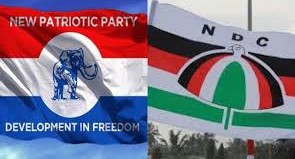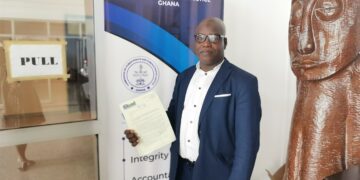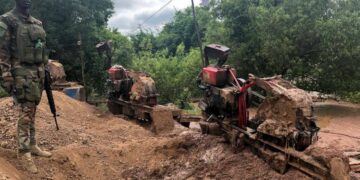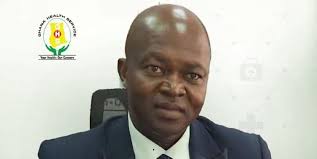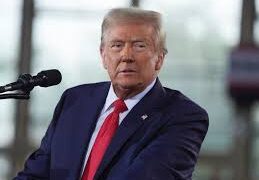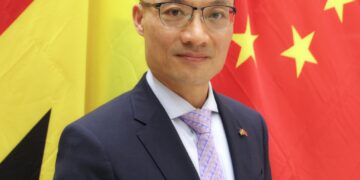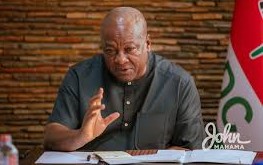Ghana’s pursuit of nuclear energy is gaining unstoppable momentum, with widespread political and institutional backing propelling the initiative forward. According to Dr. Stephen Yamoah, Executive Director of Nuclear Power Ghana (NPG), the country has reached a pivotal stage where the conversation has shifted from possibility to inevitability.
He emphasized the government’s unwavering commitment, noting that both the Ministry of Energy and Green Transition and the Ministry of Environment, Science and Technology (MEST) are now fully aligned with the project’s vision.
Dr. Yamoah declared confidently at a media engagement on March 27, 2025, “It’s no longer a question of if—but when Ghana goes nuclear.”
The initiative has now entered a critical phase focused on securing financing to transition from preparatory work to full-scale development. With growing international interest and well-laid strategic plans, Ghana is steadily positioning itself to join the global community of nuclear-powered nations.
Dr. Yamoah confirmed that two potential sites have been earmarked for Ghana’s maiden nuclear power plant. The next steps involve comprehensive site characterization to assess environmental and technical suitability.
To support this phase, meteorological and oceanographic instruments are being deployed to collect essential environmental data, including temperature, wind patterns, and coastal erosion trends — vital for ensuring the plant’s safety and resilience in its proposed coastal setting.
“We’re gathering critical environmental and health data now so that there are no questions or misinformation in the future,” he noted, explaining the long-term vision to safeguard both people and the environment.
He indicated that Ghana’s nuclear program is attracting interest from major global players. Framework agreements have been signed with key partners, including China National Nuclear Corporation (CNNC), which proposes large-scale reactors via a Build-Operate-Transfer (BOT) model, and U.S.-based Revenue Technology Group (RTG), collaborating with Mooscale to develop Small Modular Reactors (SMRs).
Discussions are also underway with Japanese and South Korean firms regarding SMR technologies. Furthermore, French energy giant EDF is assisting with capacity building, and a €1 million grant from the French Development Agency (AFD) is supporting research on integrating nuclear energy into Ghana’s grid and developing the necessary workforce.
A major leap in local capacity building came with the installation of a high-tech nuclear simulator at the School of Nuclear and Allied Sciences — one of only four such facilities in the world.
Dr. Yamoah stated, “This simulator is transformational. It gives us the tools to train skilled professionals not only for Ghana but for the entire West African region.”
He stressed that public understanding remains a key focus, therefore, NPG plans to partner with the University of Media, Arts and Communication (UNIMAC) to conduct a nationwide media awareness survey in 2025, followed by a broader public perception survey in 2027.
He lauded the role of the media in the LEADER programme, which has helped bridge the information gap and bring nuclear conversations to communities across Ghana.
“Continued collaboration with the media, especially through social platforms, is vital in educating the public on nuclear energy’s full potential,” he said.
Ghana is setting the pace for nuclear energy adoption on the continent with solid groundwork, international cooperation, and public engagement in motion and poised to lead by example, offering a blueprint for other African nations to follow.

